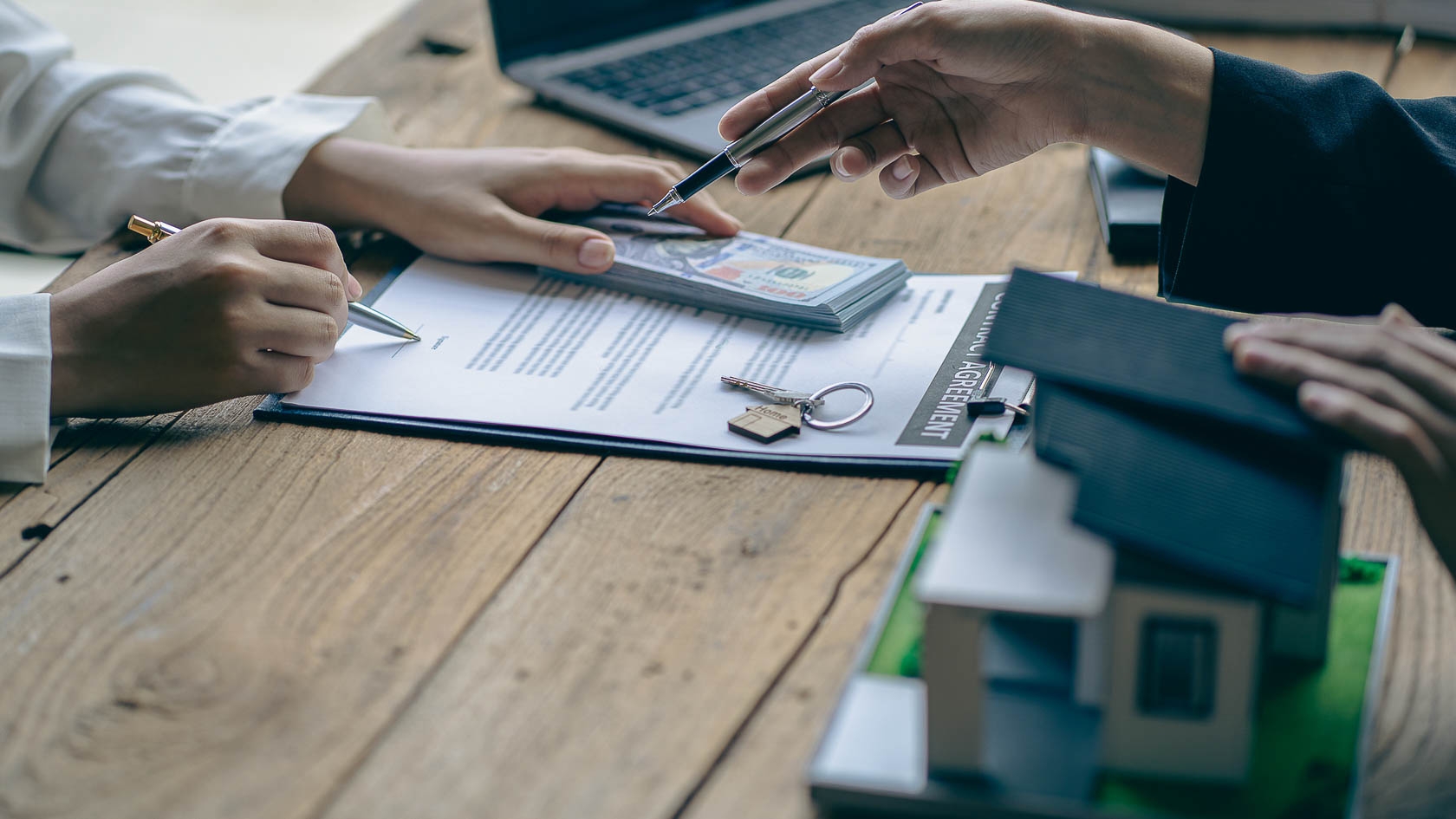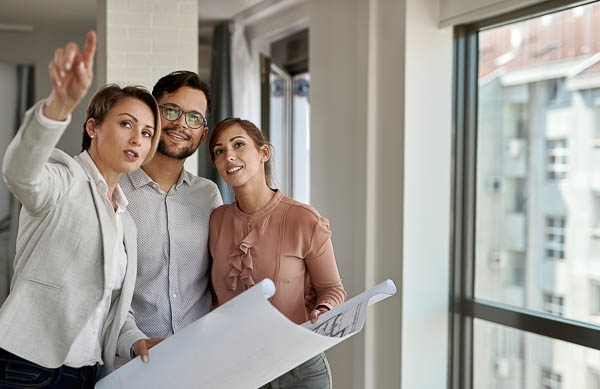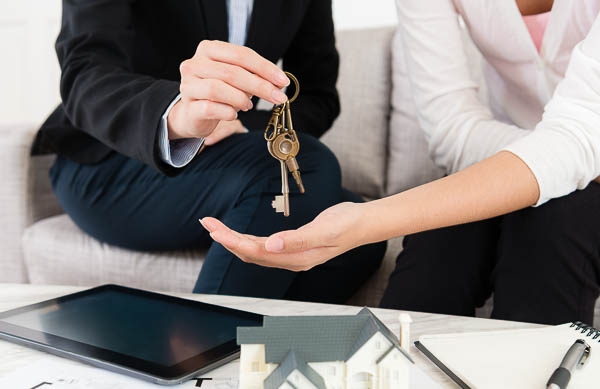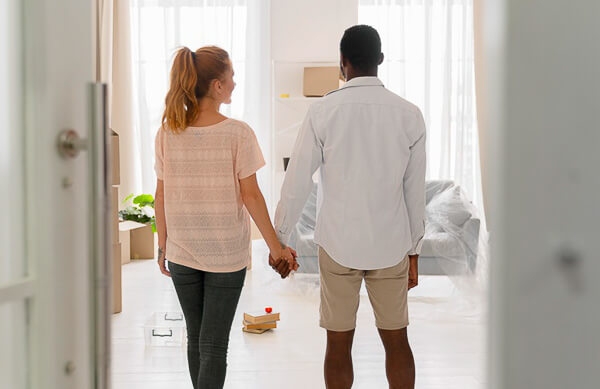
How Much is the Down Payment for Buying a Property? Everything You Need to Know
Buying a property is one of the most important and exciting financial decisions in many people’s lives. However, it can also be a challenging process, as knowing how much the down payment for a property is, especially when it comes to gathering the necessary capital, can be quite stressful. This initial payment is an essential requirement that significantly influences the possibility of obtaining a mortgage and fulfilling the dream of homeownership.
In this article, we will explain in detail what buying a property involves, how much the down payment is, and how much it usually costs, along with additional expenses to consider and how to prepare financially for this commitment.
How Much is the Down Payment for Buying a Property?
The down payment is the amount of money the buyer must contribute from their own savings at the time of purchasing a home. This amount is not financed by the mortgage loan and represents an initial investment that demonstrates financial solvency to both the seller and the lending bank.
Besides being an essential requirement, the down payment is an opportunity to reduce the total amount to be financed. This leads to lower monthly payments and significant savings on interest throughout the life of the mortgage loan.
Why is the Down Payment Necessary for Buying a Property?
Financial institutions require a down payment for several reasons:
1. Risk Reduction: By financing only part of the property’s value, banks minimize their exposure to risk in case of default.
2. Buyer Commitment: A significant initial payment reflects the buyer’s commitment and financial management ability.
3. Financial Regulations: Regulations establish limits on financing percentages to prevent real estate bubbles and protect the market's stability.
How Much is the Down Payment for Buying a Property?
In general, banks finance up to 80% of the property’s appraised value or purchase price. Therefore, to calculate the down payment, you should consider 20% of the property's value.
However, this percentage can vary based on several factors:
• First Home vs. Second Home: When purchasing a second home, the financed percentage is typically lower, which increases the required down payment.
• Financial Profile: An excellent credit history and stable employment can allow for better terms.
• Financial Institutions: Some institutions offer mortgages exceeding 80% financing in exceptional cases.
Associated Costs of Buying a Property
The down payment is not the only significant expense. When calculating the initial outlay, you must also consider the following costs:
Taxes:
• VAT: For new properties, VAT is 10% of the purchase price.
• Property Transfer Tax (ITP): This applies to second-hand properties and ranges from 6% to 10%, depending on the region.
Notary Fees: Includes the deed of sale and, if applicable, the mortgage deed.
Property Registration: Costs associated with registering the sale and the mortgage.
Administrative Fees: Services to manage the paperwork.
Appraisal: A professional evaluation of the property, required to obtain the mortgage.
These additional costs can range between 10% and 15% of the property price, increasing the required capital.
Practical Example of How Much the Down Payment for a Property Is
Let’s suppose you want to buy a property valued at €300,000. Here’s a breakdown of the costs:
• Down Payment (20%): €60,000.
• Mortgage (80%): €240,000.
• Additional Costs (approximately 12% of the purchase price):
- Taxes (ITP at 8%): €24,000.
- Notary and Registration Fees: €3,000.
- Administrative Fees: €1,200.
• Appraisal: €500.
• Total Capital Needed:
-Down Payment + Additional Costs: €60,000 + €28,700 = €88,700.
In this case, you would need approximately €88,700 to complete the purchase.
Tips for Saving for the Down Payment
Saving for the down payment may seem like a challenge, but with good financial planning, this goal is achievable. Here are some tips:
1. Set a Monthly Budget: Prioritize saving and avoid unnecessary spending.
2. Open a Dedicated Savings Account: Separating the money meant for the down payment helps maintain discipline.
3. Automate Your Savings: Set up automatic monthly transfers to your savings account.
4. Seek Additional Income: Consider temporary jobs or freelance projects to increase your income.
5. Reduce Existing Debt: Paying off other financial obligations frees up more resources for saving.
6. Get Financial Education: Learn how to invest in safe instruments that generate returns.
7. Avoid Big Purchases: Delay major spending until after you’ve purchased the property.
Can You Buy a Property Without a Down Payment?
While it’s uncommon, there are options to buy a property without a down payment, saving you the hassle of figuring out how much the down payment is. Some financial institutions offer mortgages that finance 90% or even 100% of the property’s value, but these conditions are usually reserved for individuals with very strong financial profiles or properties repossessed by banks.
Another option is to secure guarantees from the Official Credit Institute (ICO) or use family members as co-signers. However, these options carry additional risks and require careful analysis.
Advantages of Contributing a Down Payment Higher Than the Minimum Required
Providing a larger down payment offers significant advantages:
• Reduced Interest: Financing less means paying less interest over the life of the loan.
• Better Mortgage Terms: Banks typically offer better terms for those requesting less financing.
• Greater Financial Flexibility: By reducing the loan term, you free up income for other financial goals.
For example, if you decide to buy a property for €250,000 and contribute 40% (€100,000) as a down payment, you could reduce the mortgage to €150,000. This would not only decrease your monthly payments but also the accumulated interest.
Conclusion
The down payment for buying a property is a crucial aspect of the home-buying process. Understanding its importance and how to calculate it will help you better plan your finances and make informed decisions. Although the initial outlay may seem high, a good savings strategy, combined with proper financial education, will enable you to reach your goal of homeownership.
If you're considering buying a property, start planning today. Set clear goals, explore financing options, and seek professional advice, such as from a real estate agency in Barcelona, if you're interested in that location, to ensure your purchase is a successful long-term investment.











